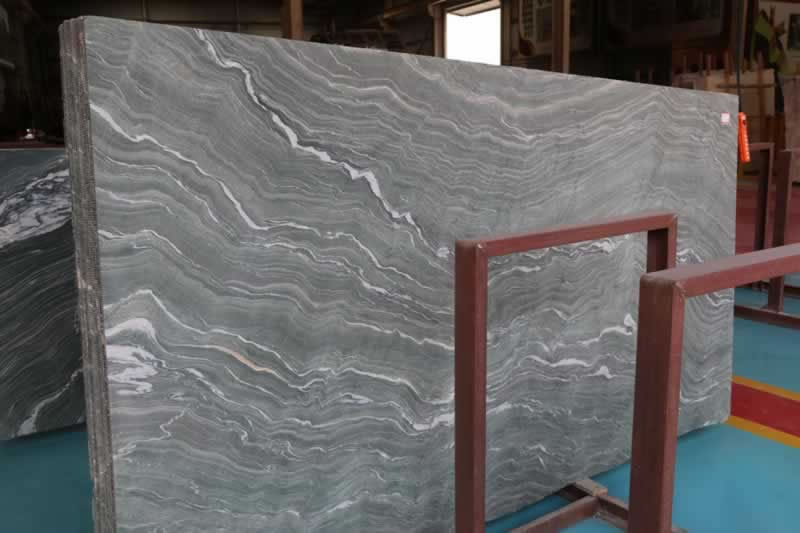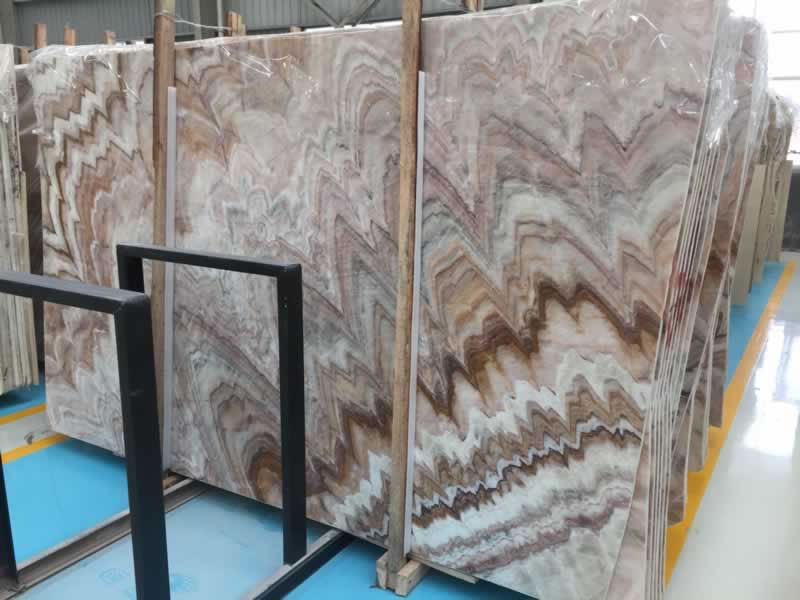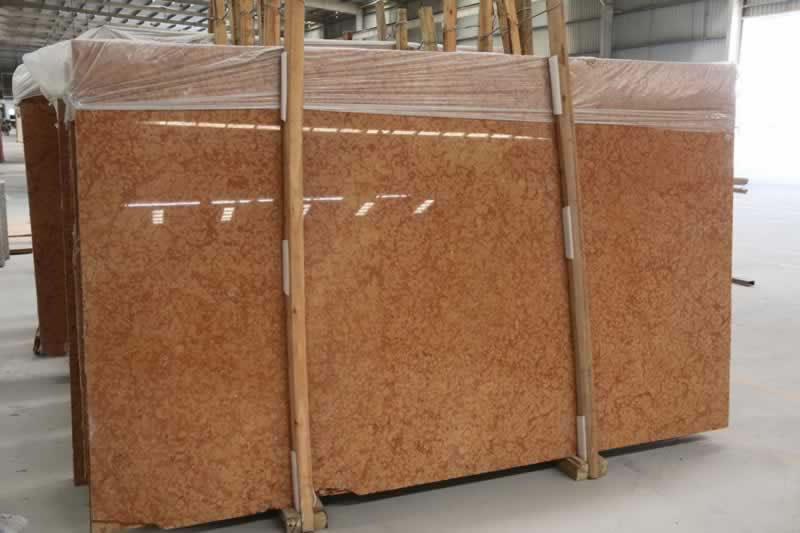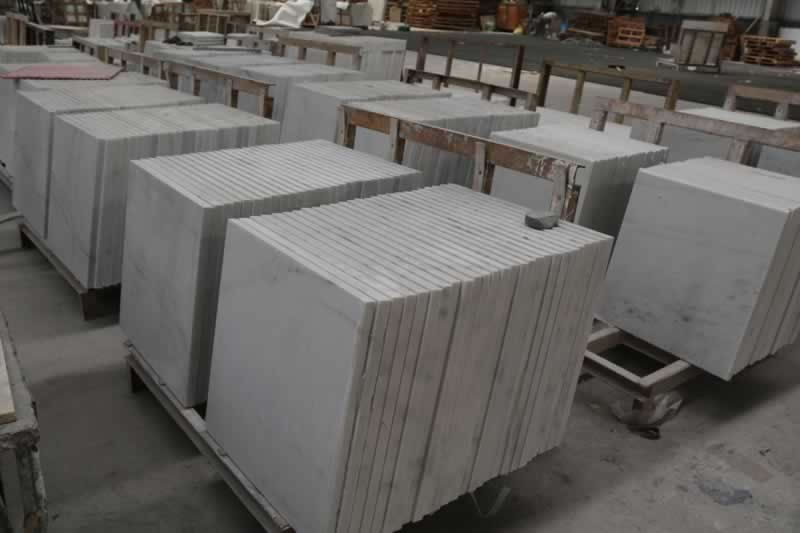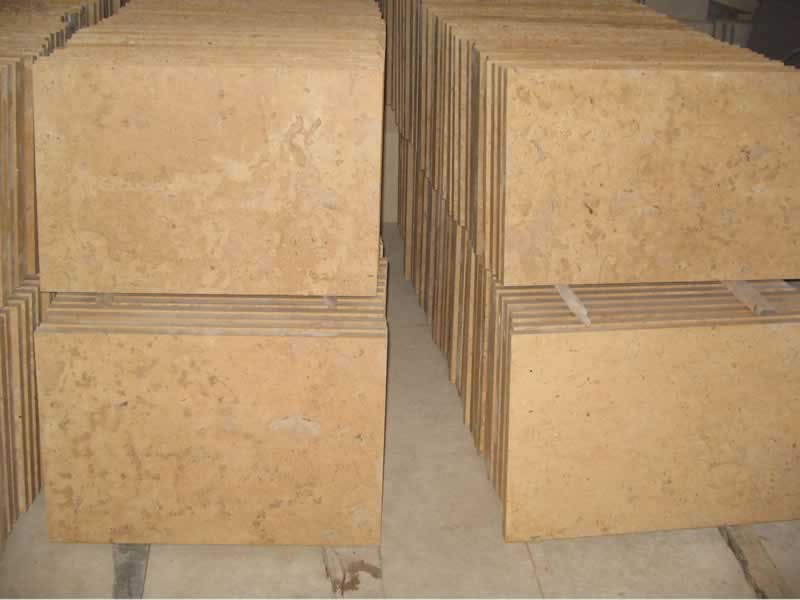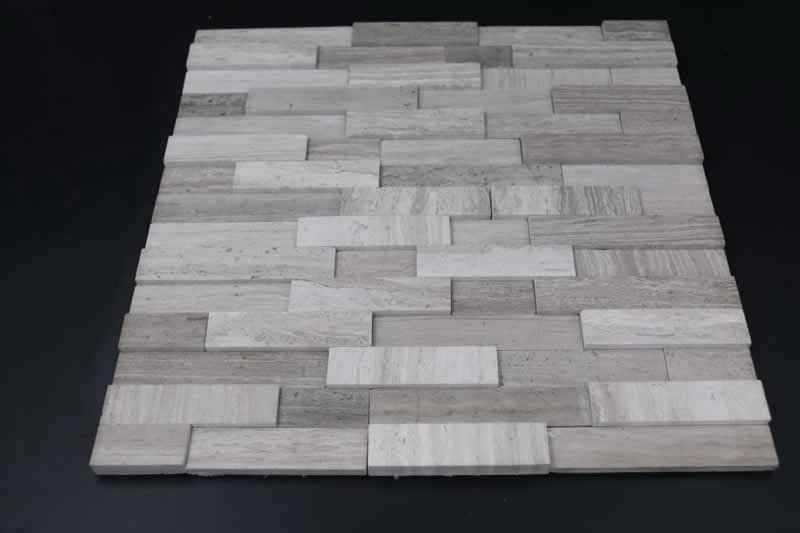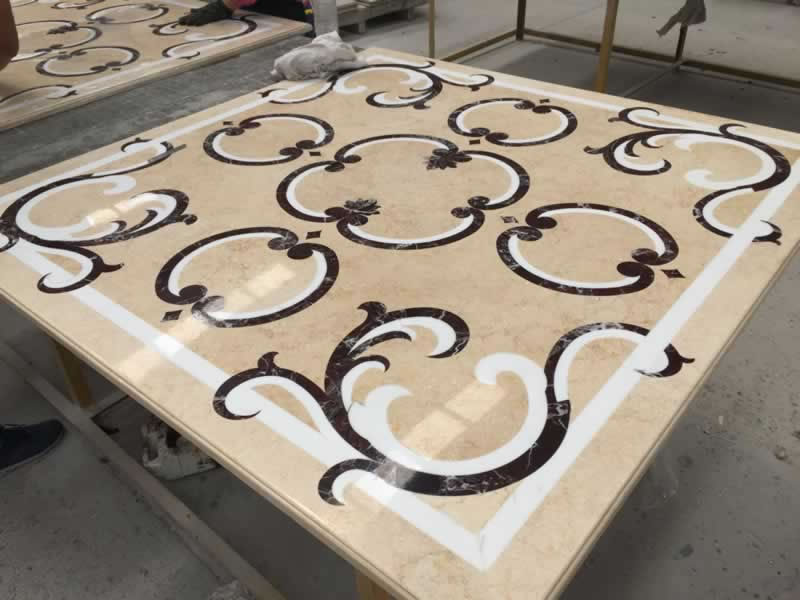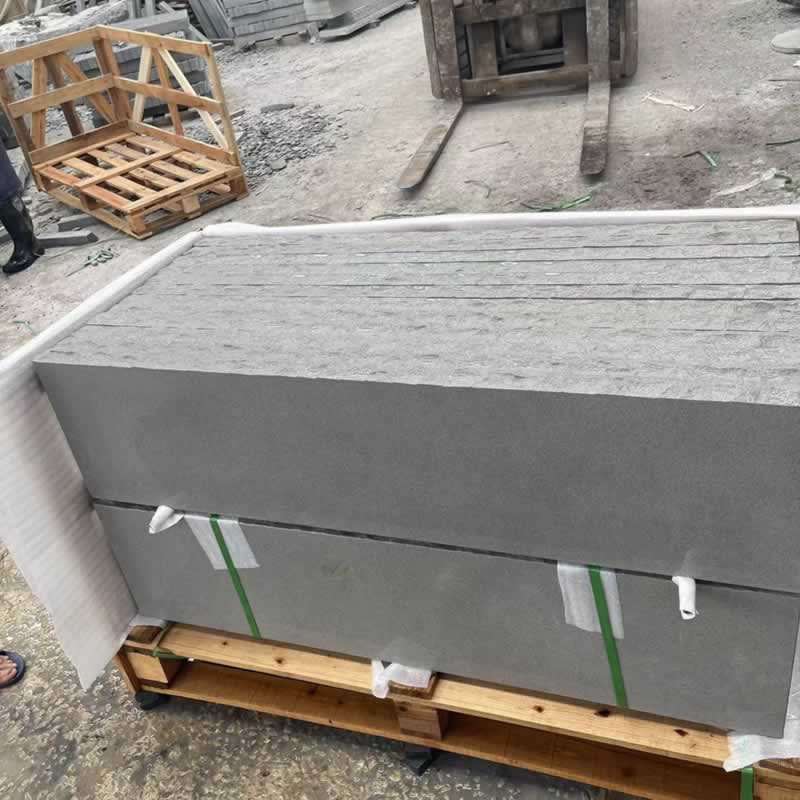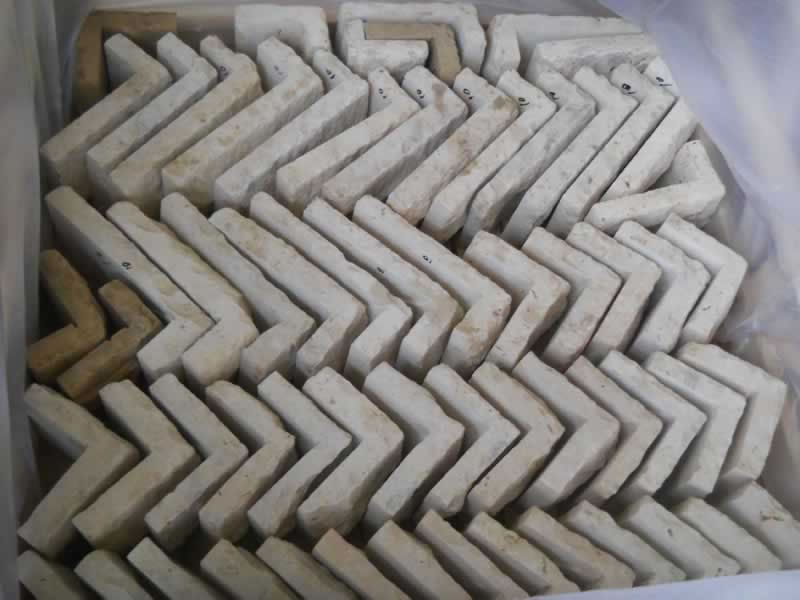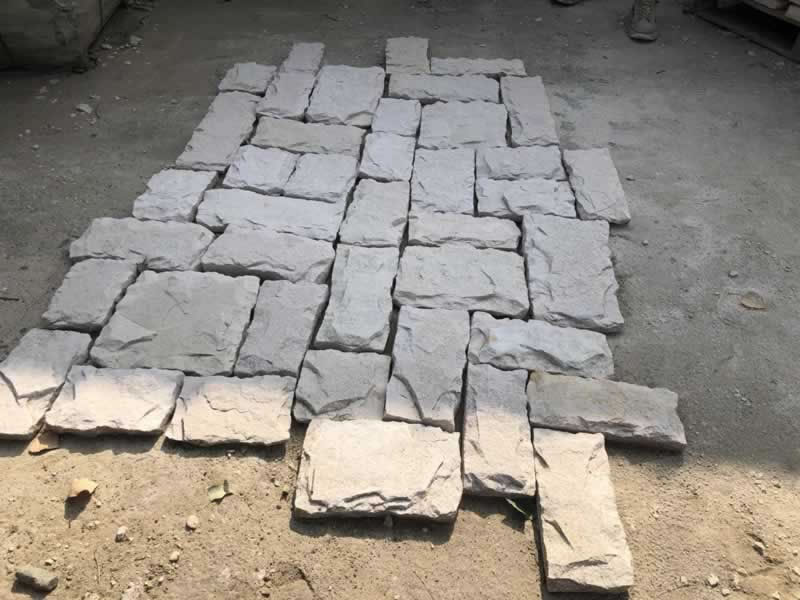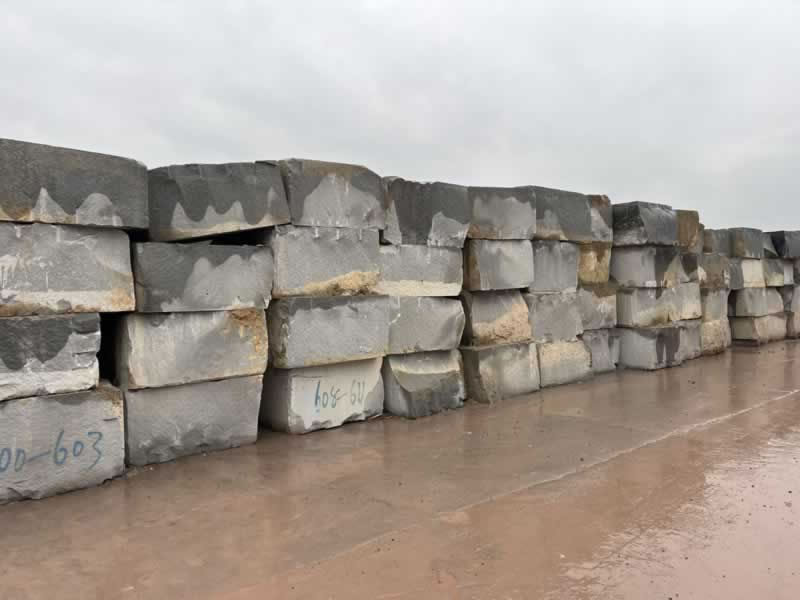Verifying the quality of a stone supplier is crucial to ensure you receive durable, aesthetically pleasing, and ethically sourced materials for your project. Here’s a step-by-step guide to evaluating a stone supplier’s quality:
1. Check Supplier Credentials & Reputation
-
Company Experience: How long has the supplier been in business? Established suppliers often have better reliability.
-
Certifications: Look for ISO certifications, membership in industry associations (like the Natural Stone Institute), or compliance with international standards (e.g., ASTM for stone testing).
-
Client Reviews: Check Google, Trustpilot, or industry forums for feedback. Ask for case studies or references from past clients.
2. Inspect Stone Quality
-
Physical Inspection (If Possible): Visit the supplier’s warehouse or quarry to examine:
-
Color & Veining Consistency (for marble, granite, etc.)
-
Surface Finishes (polished, honed, brushed)
-
Thickness & Dimensional Accuracy
-
Defects (cracks, pits, fissures)
-
Lab Testing: Request test reports for:
-
Water Absorption (low absorption = better durability)
-
Abrasion Resistance (for flooring applications)
-
Compressive & Flexural Strength (for structural use)
-
Slip Resistance (for outdoor or wet areas)
3. Verify Sourcing & Ethical Practices
-
Quarry Ownership/Partnerships: Suppliers with direct quarry access often offer better pricing and quality control.
-
Sustainability Certifications: Look for LEED compliance, Ethical Stone certifications, or Responsible Stone® programs.
-
Avoid Child Labor & Unethical Mining: Ask for compliance with ILO (International Labour Organization) standards.
4. Assess Production & Quality Control
-
Factory Audits: Do they have proper cutting, finishing, and packaging processes?
-
Quality Control (QC) Procedures: Ask if they conduct inspections before shipping (e.g., checking for breakage, proper labeling).
-
Sample Approval Process: Reputable suppliers provide samples before bulk orders.
5. Logistics & After-Sales Support
-
Shipping & Packaging: Do they use sturdy crates to prevent transit damage?
-
Lead Time & Reliability: Can they meet deadlines consistently?
-
Warranty & Returns Policy: Do they offer guarantees against defects?
6. Compare Pricing (But Don’t Compromise Quality)
-
Extremely low prices may indicate inferior stone or unethical sourcing.
-
Get quotes from multiple suppliers and compare based on quality, not just cost.
7. Visit Trade Shows or Stone Fairs
-
Events like Marmomac (Italy), Xiamen Stone Fair (China), or Coverings (USA) allow you to meet suppliers and inspect stone quality firsthand.
Red Flags to Watch For
-
No physical address or refusal to provide samples.
-
Vague answers about stone origin or testing.
-
Poor communication or delayed responses.
By following these steps, you can confidently select a high-quality stone supplier that meets your project’s needs. Would you like help finding certified suppliers in a specific region?
